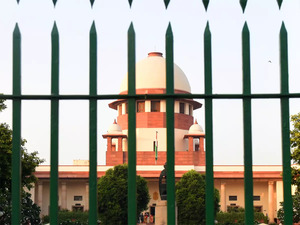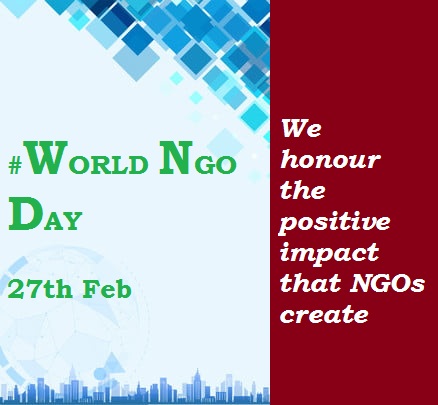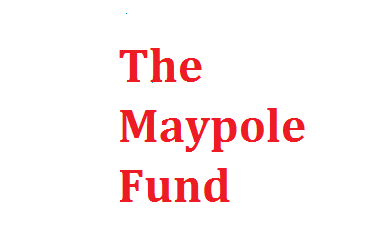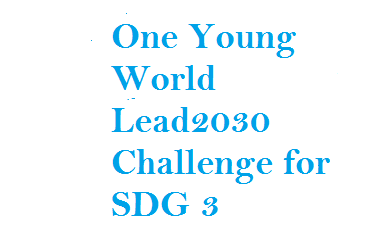- Six Reasons To Bring Millets To The Market!
- Hong Kong Court Makes Landmark Ruling Protecting Transgender Rights
- Substrate Promiscuity Of Fungi Generated Enzyme Laccase Shows Potential In Degrading Industrial Dye Effluents
- Union Minister Of Rural Development Holds A Meeting On ‘Cactus Plantation And Its Economic Usage’
- Ministry Of Tribal Affairs Organised One Day Mega Health Camp ‘Abua Bugin Hodmo-Our Better Health’ At Saraikela Kharsawan, Jharkhand
- Blue Flag Standards For Beaches In The Country
- India-Namibia Sign An MoU On Wildlife Conservation And Sustainable Biodiversity Utilization
- Hydrophobic Ingredients, In Combination With Obsolete Antibiotics, Can Counter Multidrug-Resistant Bacteria
- Promoting Cultivation Of Kala Namak Paddy
Oxfam India says time to review policy on permission for working overseas
Posted by: 2015-05-07 01:45:27 ,By Business Standard
Indians evacuated from earthquake hit Nepal arrive at Air Force Station Palam, New Delhi
Even as India has swung into action for relief work in Nepal, following the recent earthquake in that country, non-governmental organisations (NGOs) say regulations are restricting them from carrying out relief operations abroad.
Now, however, the Central Board of Direct Taxes (CBDT) has fast-tracked their applications for conducting relief work in Nepal. The last time such a system was put in place was in 2004, when a tsunami struck Sri Lanka.
Oxfam India, the India arm of a network of 17 non-governmental organisations, on Thursday secured a clearance from the Reserve Bank of India (RBI) and the CBDT for carrying out relief work in Nepal. But this was a good five days after the earthquake struck that country, said Nisha Agrawal, chief executive officer, Oxfam India.
Oxfam India works in the areas of water and sanitation, major issues at some 16 camps in Kathmandu. Since Oxfam wasn’t on the list of about 9,000 NGOs whose licences were suspended for violation of provisions under the Foreign Contribution Regulation Act (FCRA) last week, securing a clearance from the government and RBI wasn’t very difficult.
Under section 11(1)(C) of the Income Tax Act, voluntary organisations, trusts and charitable institutions require CBDT approval for application of their income outside India to promote international welfare. “It will be the endeavour of the department to process these applications within two working days of receiving the completed applications,” Rekha Shukla, commissioner of income tax and official spokesperson for CBDT, said on Tuesday. The approval is needed since it is business expenditure outside the country and donations routed there would not otherwise be eligible for income tax exemption.
Agrawal said Oxfam had no violations under FCRA and could comply with all the documentary requirements of CBDT and RBI. Though the restriction on NGOs on using funds abroad is primarily aimed at preventing unauthorised use of foreign exchange, civil society feels India should reconsider such a system, as it is now involved in humanitarian assistance in a major way. “In developed countries, international assistance is freely allowed. The regulations for NGOs are primarily because the rupee is not fully convertible but India is now in the league of developed countries and a part of international groups such as the G20. The government could review the policy, especially for neighbouring countries, so that we do not have to wait,” said Agrawal.
Read more: Click Here
You may like similar news

FCRA compliance: Supreme Court grants 3 weeks to Centre to respond to pleas
The Supreme Court Tuesday granted three weeks to the Centre to respond to petitions seeking directio...

World NGO Day
NGOs have a history that dates to at least the late 18th century, they have always been at the foref...

Rules tightened for NGOs to apply for foreign donation
New Delhi: The home ministry has tightened the eligibility criteria for NGOs applying for foreign do...

Female inmates in Goa jail deprived of legal aid: NCW
The National Commission for Women (NCW), which visited the Goa Central Jail in Colvale on Wednesday,...
SC order to audit 30 lakh NGOs is another way for State to target and delegitimise their purpose
The Supreme Court, on 11 January, passed an order directing the government to audit about 30 lakh no...









